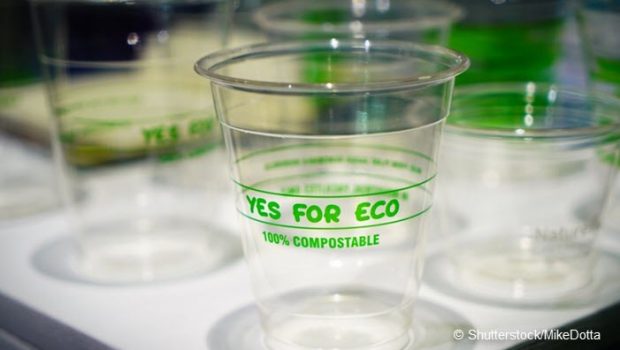Recycling Myth of the Month
Published on August 16th, 2020
Oceana, founded in 2001, is the largest international advocacy organization focused solely on ocean conservation. In this report they update us on how the plastics industry continues to confound us:
For decades, the general public has been enamored with the idea of recycling, but the reality is far from what’s promised. As we’ve covered in other parts of this series, 91% of plastic waste has been landfilled or burned, or found its way into our seas. Only 9% has been recycled.
Given this systemic failure, why is recycling repeatedly touted as the solution to plastic pollution? One reason is that recycling is an effective “guilt eraser,” in the words of a former lobbyist for the American Chemical Society – the plastics industry trade association – who was quoted in Susan Freinkel’s book Plastic: A Toxic Love Story.
The idea of recycling appeals to consumers who feel guilty about using a throwaway product that will likely outlive them. By satisfying these consumers, it also enables the industry to continue ignoring the problem and producing new plastics at breakneck speed.
However, as awareness spreads among consumers and recycling becomes a less convincing guilt eraser, new ones have emerged. Bioplastics are among them, and like regular plastics, they come with a big catch.
What exactly are bioplastics? Click here.









 We’ll keep your information safe.
We’ll keep your information safe.